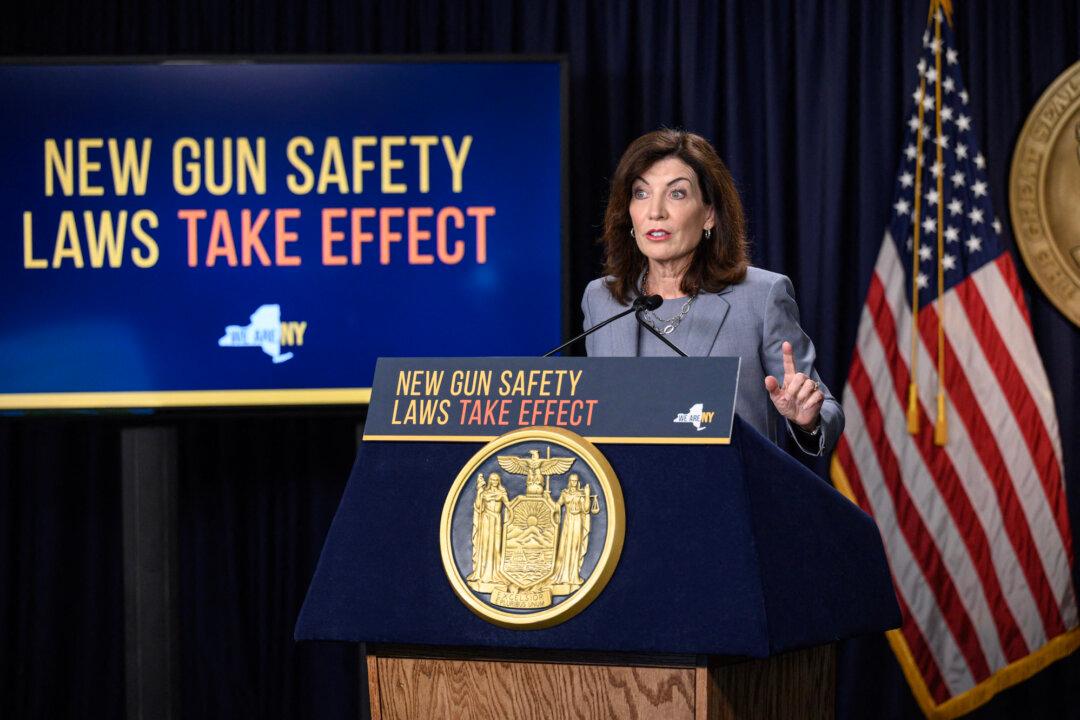Both sides are claiming victory after a federal appeals court upheld some parts of New York State’s Concealed Carry Improvement Act (CCIA) but struck down others.
The U.S. Court of Appeals for the Second Circuit combined four cases from lower courts as they overlapped one another. The court overruled three of the lower court rulings while upholding others in the decision released on Dec. 8.





